Military
Are You Ready for a Nuclear Attack? Learn About These Simple Steps to Prepare
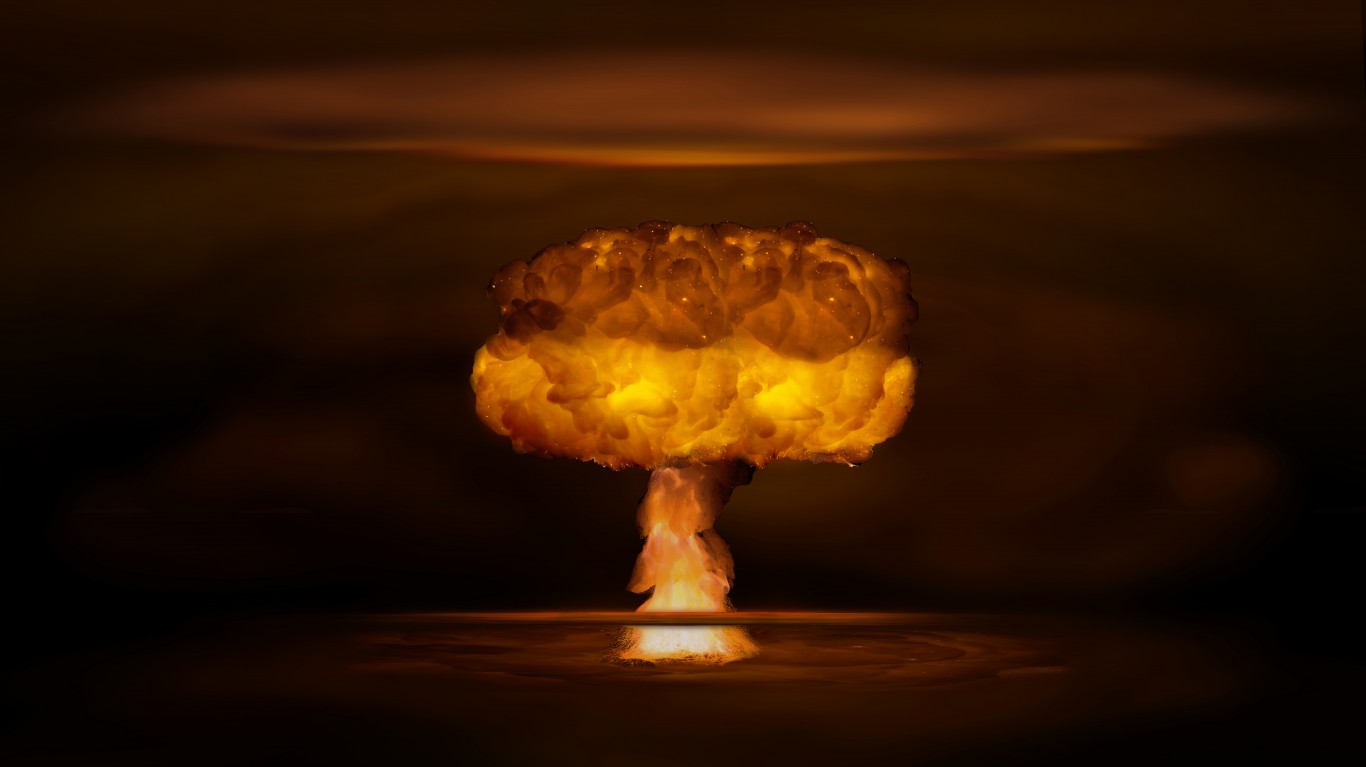
Published:

Following the terrorist attacks on Israeli citizens by Hamas in October of last year, Israel and Hamas forces have been in constant conflict with one another as they attempt to retain a stronghold in the Gaza Strip. Recent communications have led Israeli forces to begin a strategic pullout of the area as they prepare for another war front with the Lebanese militia, Hezbollah. They plan to now focus on “fighting Hamas hotspots and hunting high-value targets.” The need to build up their forces and conserve munitions plays a role in this plan, as Hezbollah holds tens of thousands of Iranian-trained fighters and thousands of missiles and rockets.
There has been a steady stream of news covering war and conflict from Israel and Ukraine over the last couple of years, stoking fears of nuclear attacks in the US. The use of nuclear weapons in these wars would not directly affect America, but the fallout could lead to the use of nuclear weapons by other countries or to what many feel would be “World War III.” The concern for an attack on American soil has only increased as these wars have deepened the resolve of many in power to choose one side or another.
Fear of nuclear attack is not a new phenomenon here in the States. After the detonation of the first atomic bomb in 1945, concerns became heightened. Air raid sirens designed during World War II remained operable during the Cold War. In the 1950s, the public was made aware of the threat of nuclear attack through frequent public service announcements. A PSA issued by New York State (known as “Duck and Cover”) for school children in the 1950s advised students to hide under their desks during a nuclear attack and cover their heads and necks. The PSA also advised people to go inside, stay away from windows, remove outer clothing, and shower with soap or shampoo to remove radiation from their clothes and skin.
To determine what Americans should do to prepare for nuclear war, 24/7 Wall St. reviewed a list of recommendations from the Centers For Disease Control and Prevention on how people can protect themselves and their families before, during, and after a nuclear blast. The 24/7 Wall St. list is more comprehensive, taking you through key steps before, during, and after an attack. (Here is an example of different types of alert sounds used).
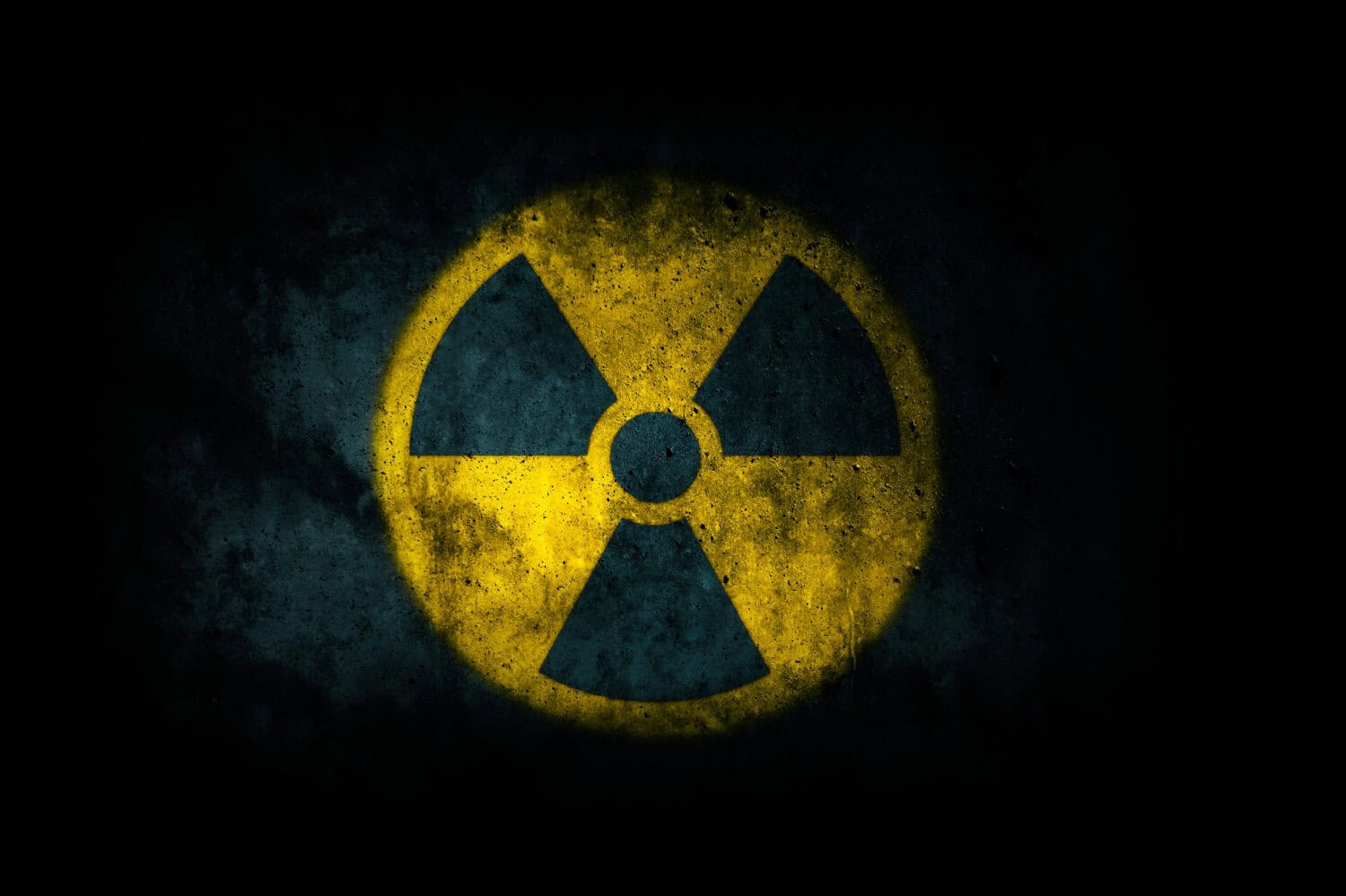
Current international conflicts are again raising the public’s awareness of the threat of a nuclear attack on an American city. It pays to be aware of the steps you would need to take if a nuclear alert went out across the country. People in the 1950s were much more aware of what to do in the event of a nuclear threat than most people today.
Here is how Americans should prepare for a nuclear attack.
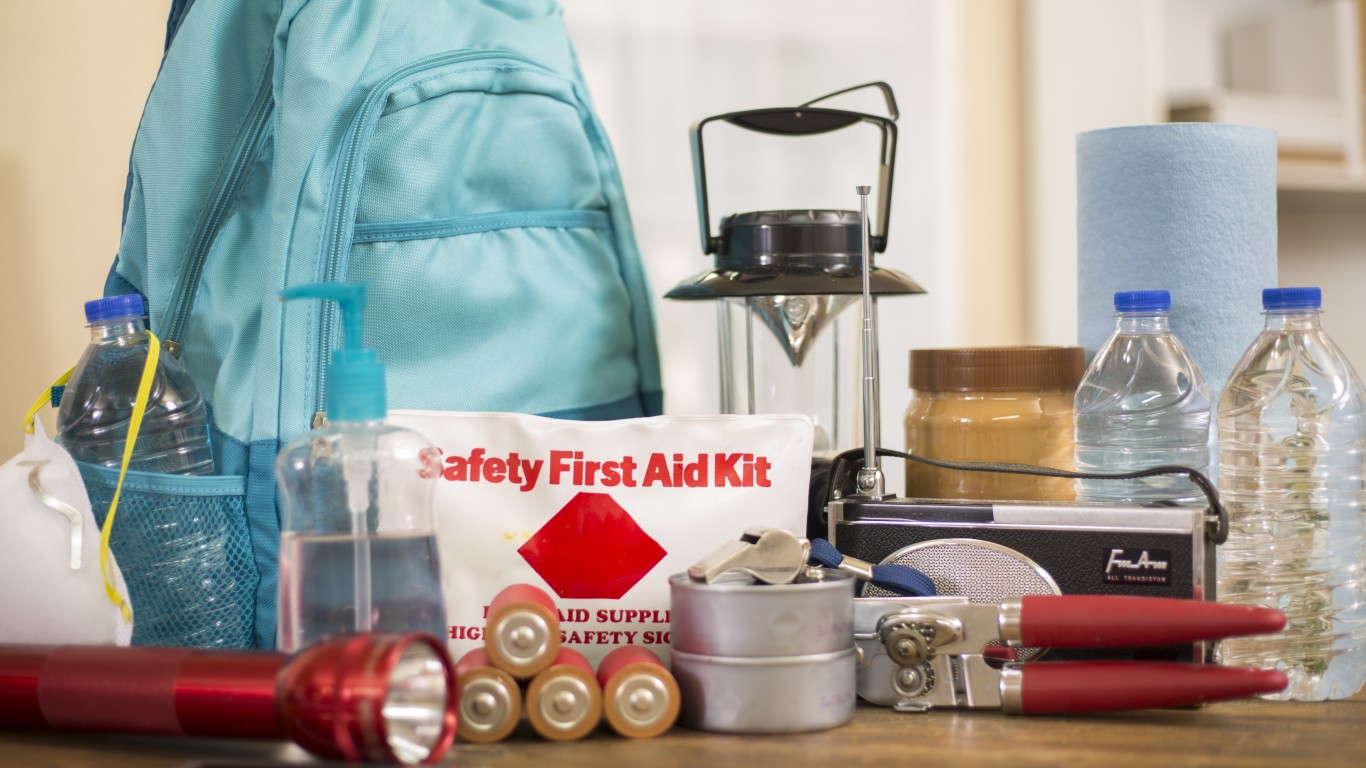
Prepare your emergency supply kit ahead of time. Include necessities such as:

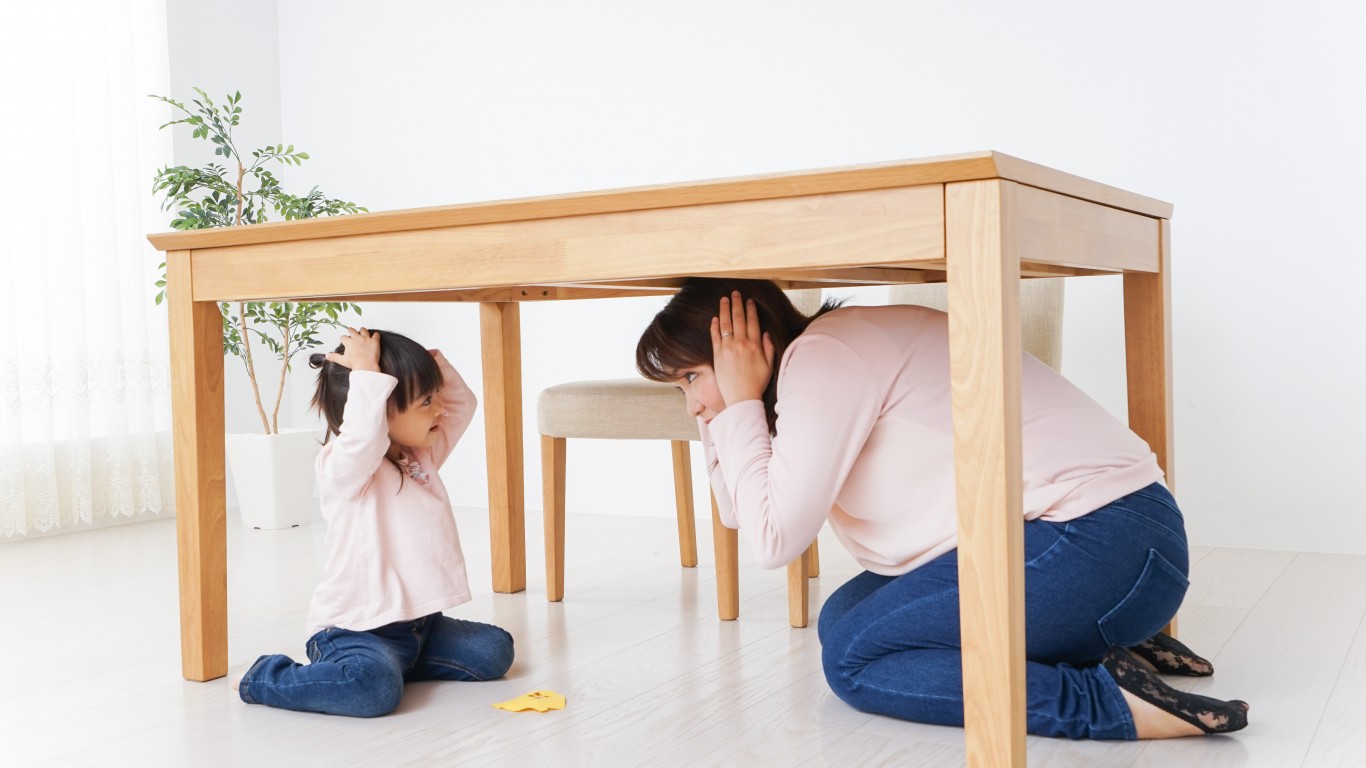
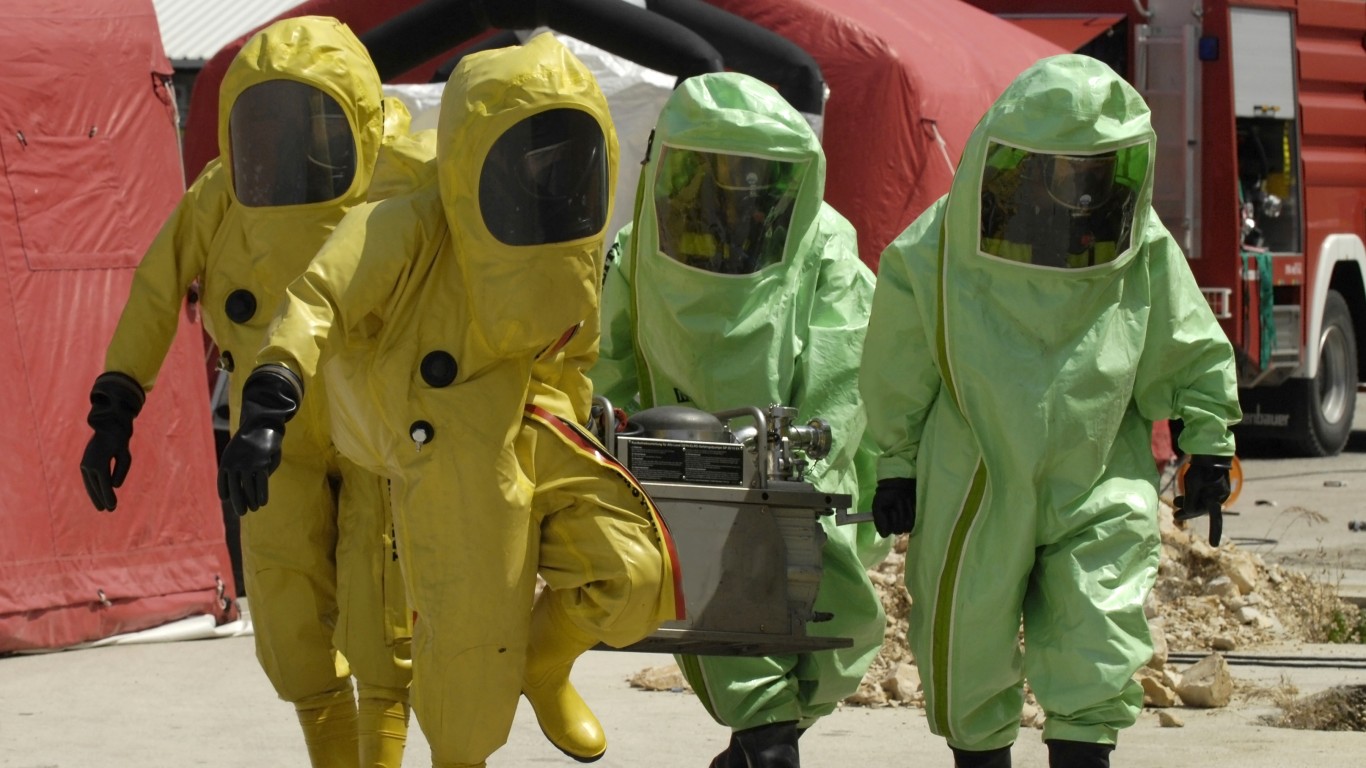
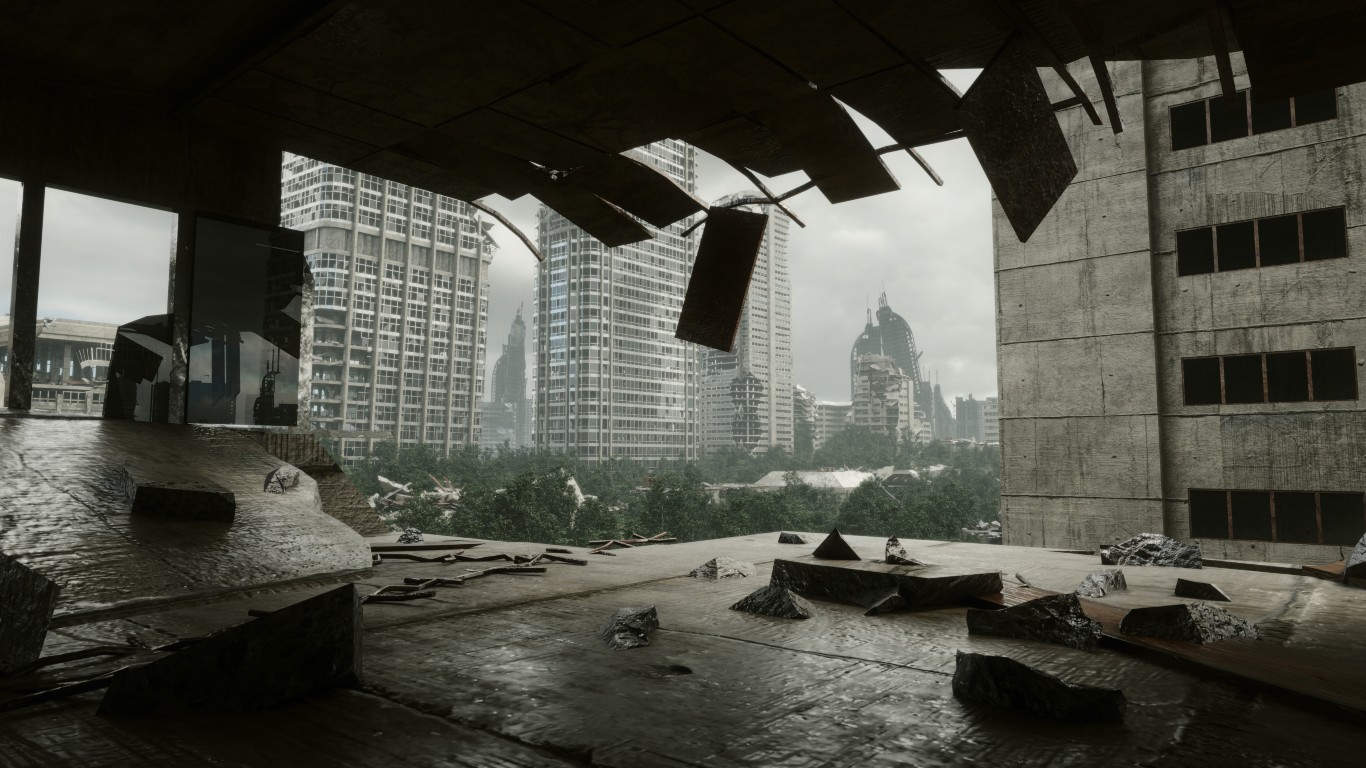
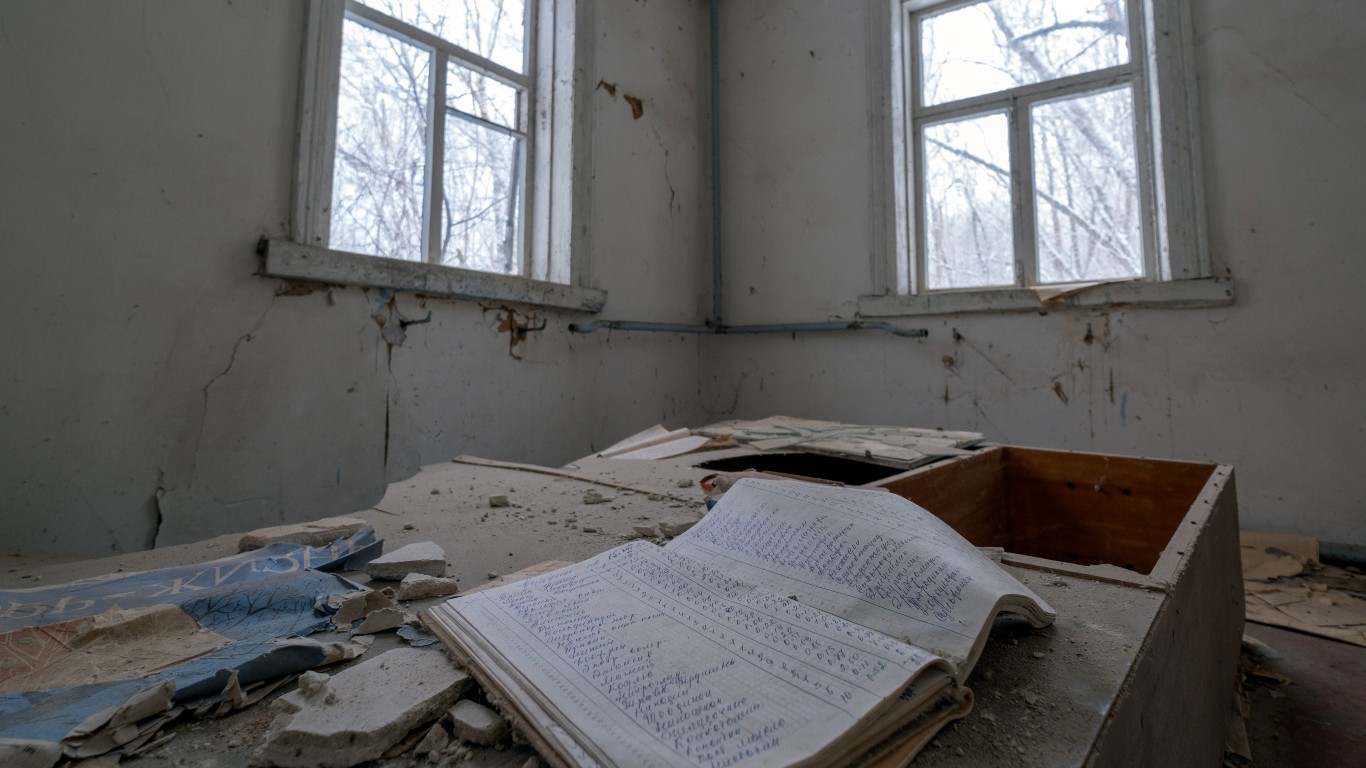

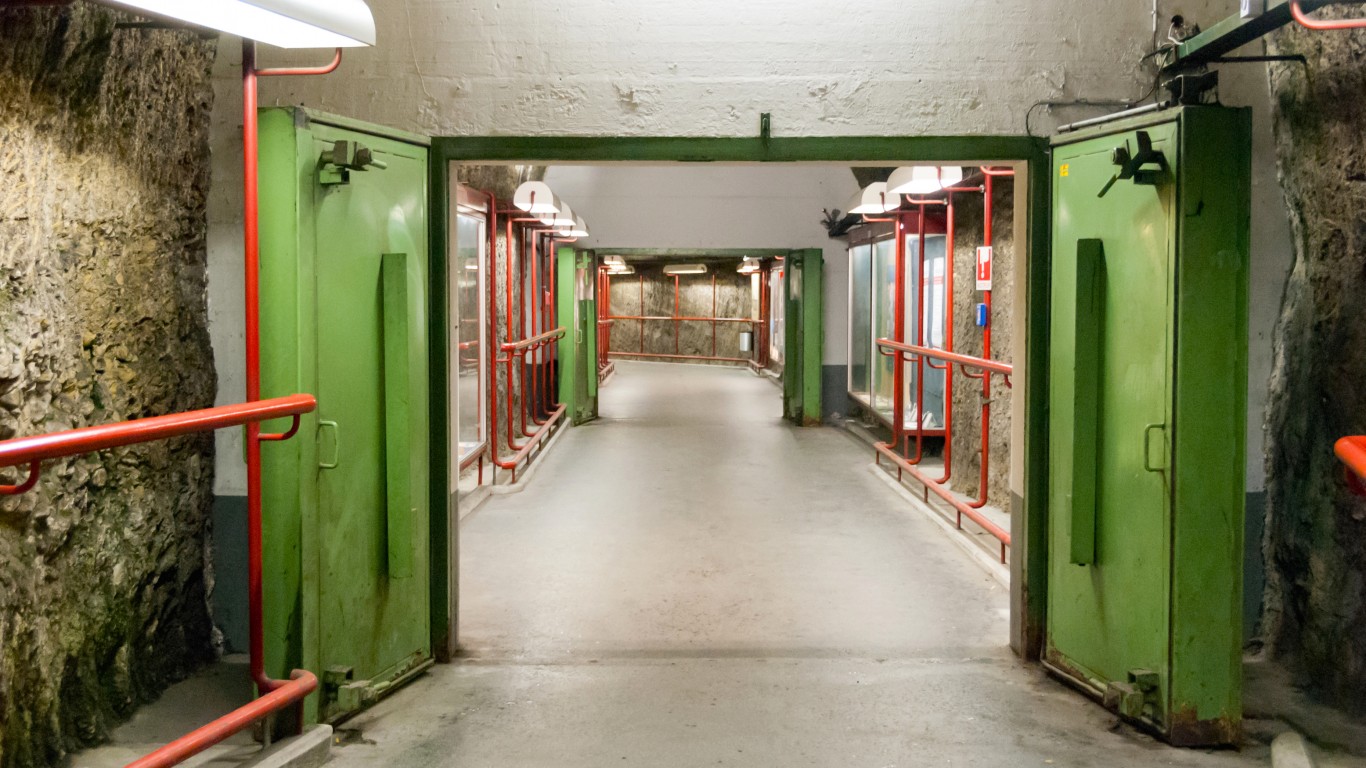
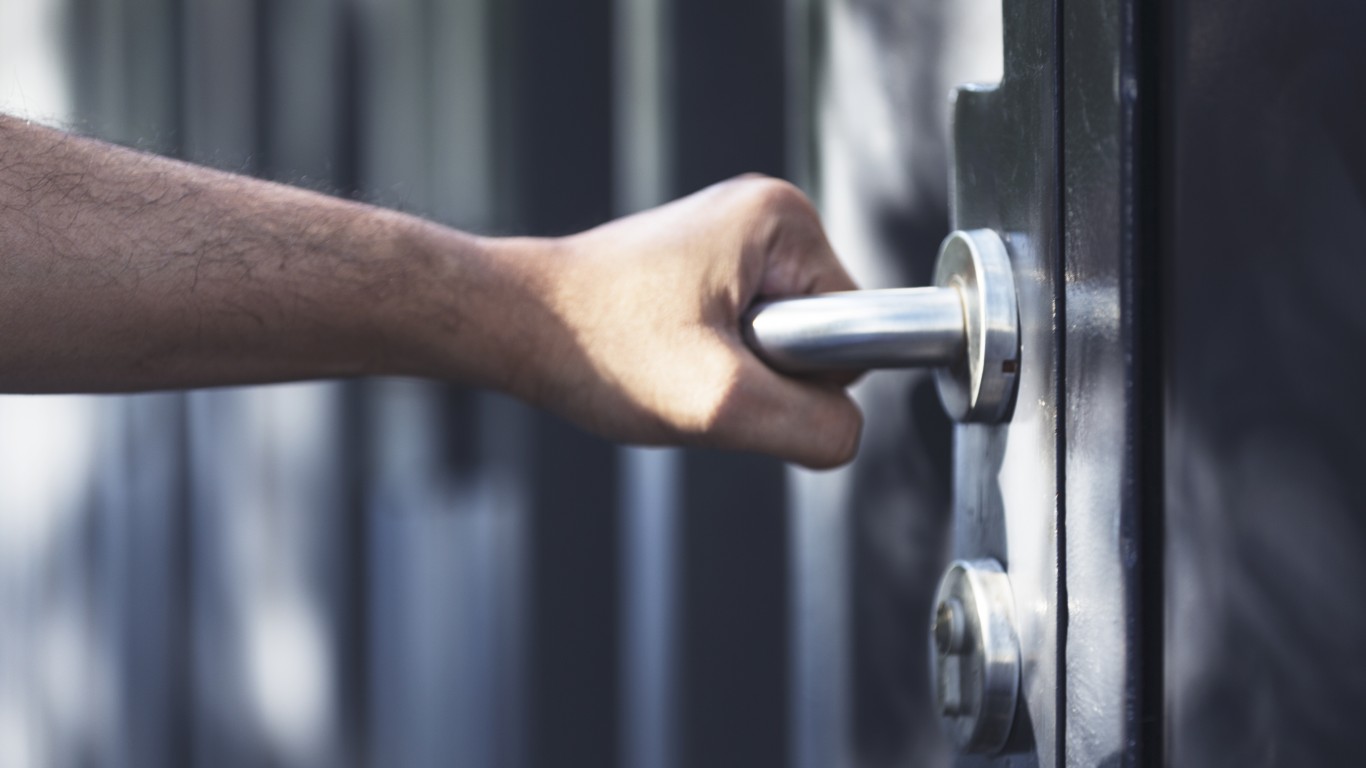
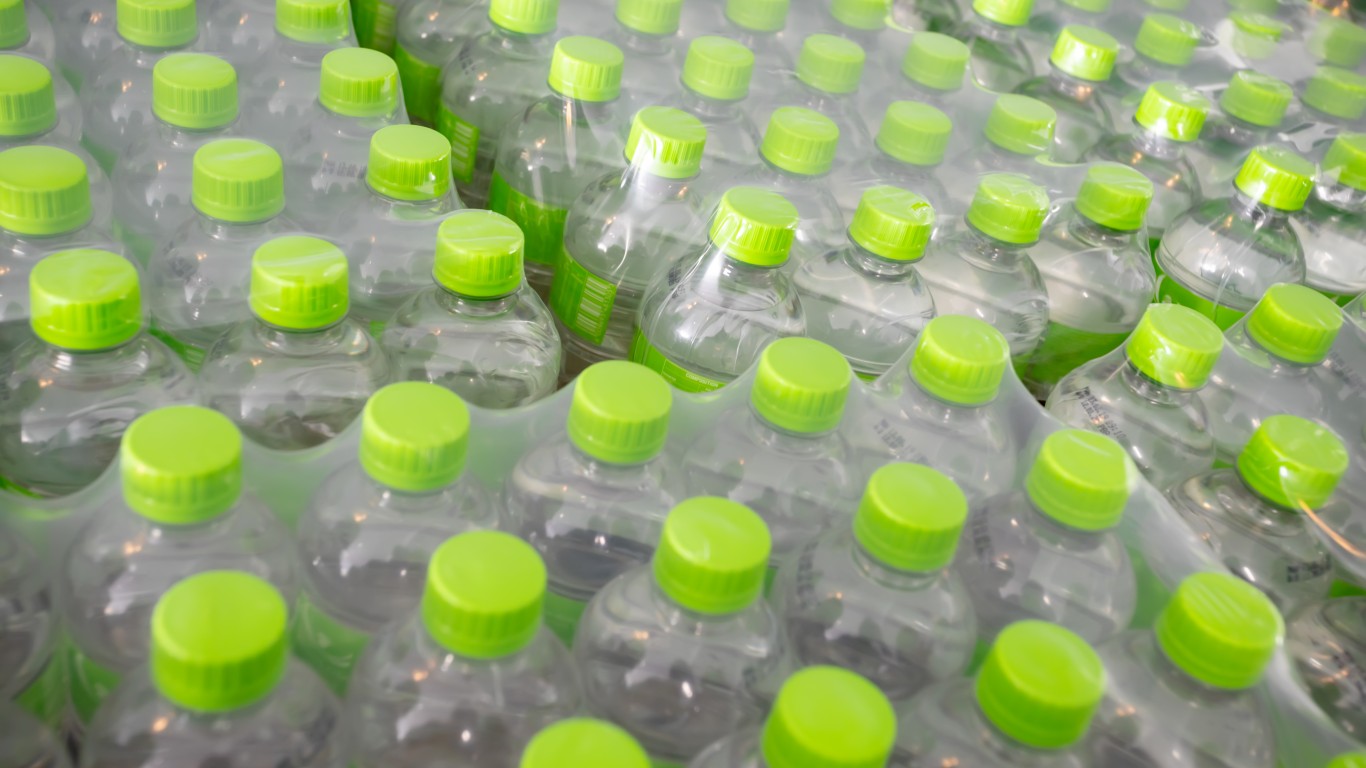
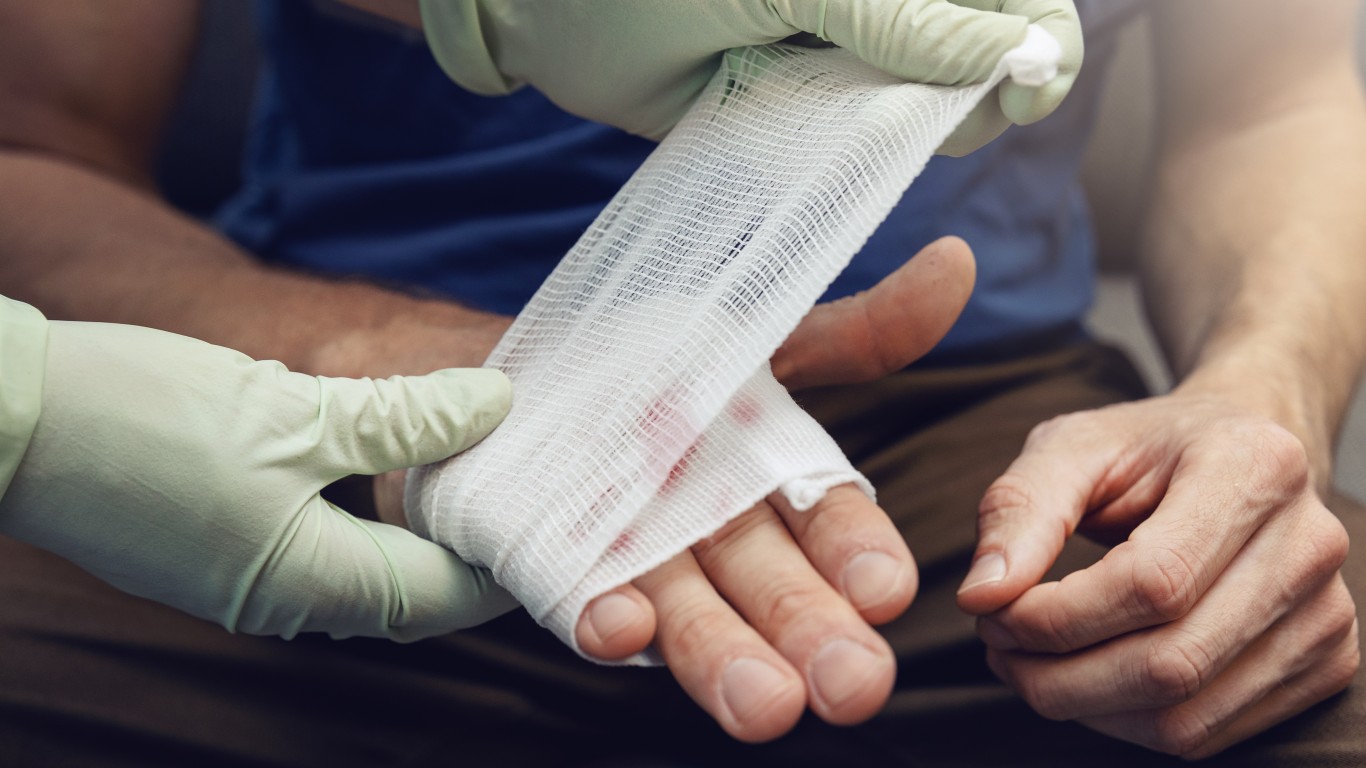
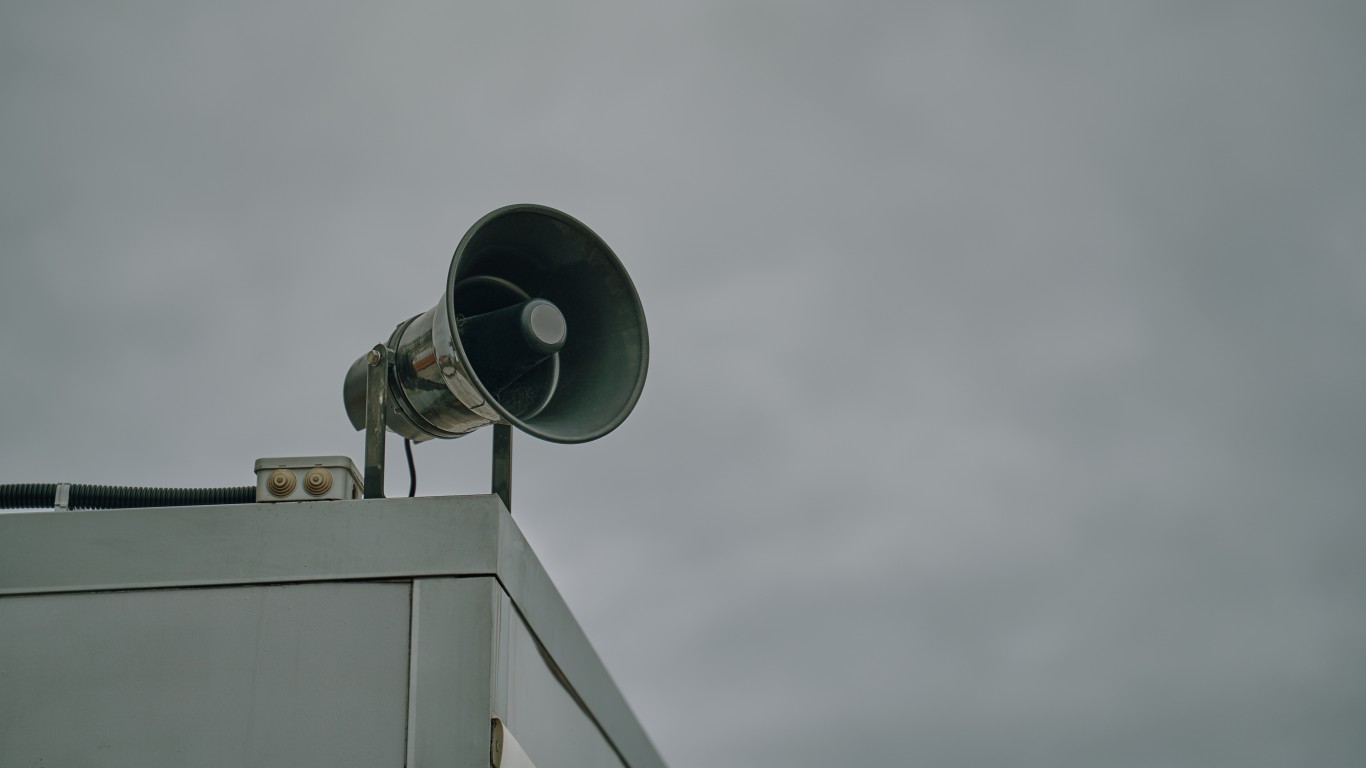
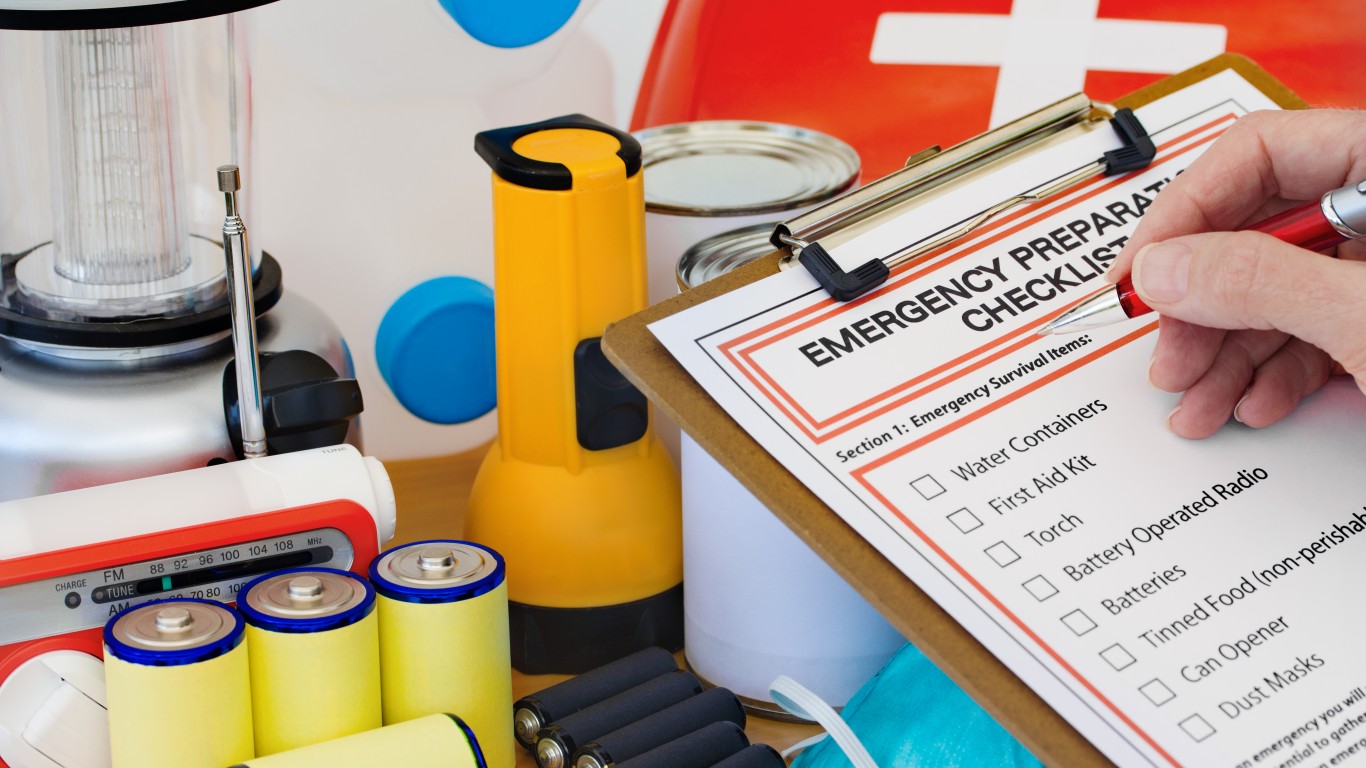

Want retirement to come a few years earlier than you’d planned? Or are you ready to retire now, but want an extra set of eyes on your finances?
Now you can speak with up to 3 financial experts in your area for FREE. By simply clicking here you can begin to match with financial professionals who can help you build your plan to retire early. And the best part? The first conversation with them is free.
Click here to match with up to 3 financial pros who would be excited to help you make financial decisions.
Thank you for reading! Have some feedback for us?
Contact the 24/7 Wall St. editorial team.